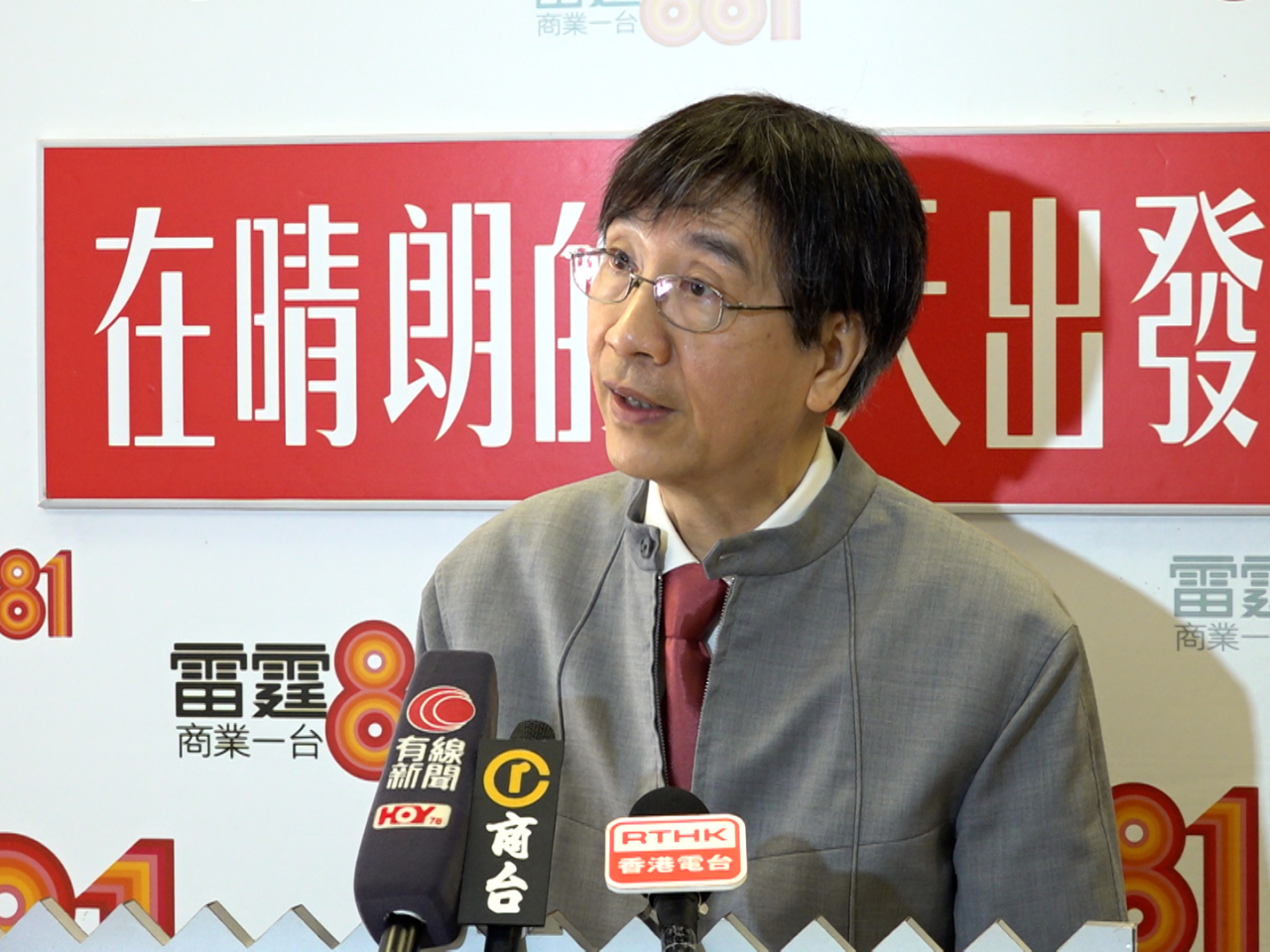The Food and Environmental Hygiene Department (FEHD) has pledged to step up anti-mosquito measures to guard against Chikungunya fever.
The interdepartmental Pest Control Steering Committee met on Wednesday to review the latest situation of mosquito proliferation and discuss measures to prevent Chikungunya fever.
With the possibility of the risk of mosquito-borne diseases rising significantly under the hot and rainy weather, various departments will closely monitor mosquito infestation as reflected by the surveillance indices and strengthen mosquito prevention and control measures based on the recommendations discussed at the meeting.
Speaking on an RTHK programme on Thursday, Lee Ming-wai, the FEHD's pest control officer in-charge, said anti-mosquito work is also being carried out at the border crossings.
"Besides the community, we also come up with the gravidtrap index for Aedes albopictus mosquitoes at all 33 border checkpoints in Hong Kong," Lee said.
"We don't want to see mosquitoes carrying the virus coming to Hong Kong through the border crossings."
He pointed out that in June, the index stood at 9.5 percent overall, down from 14 percent from the same period a year ago.
While Hong Kong has not recorded any Chikungunya fever cases so far, infectious disease experts warned that imported cases may appear in future.
The World Health Organization has called for urgent action to prevent the mosquito-borne disease, with more than 220,000 infections recorded this year around the world.
There have been at least 3,000 in Foshan in Guangdong, mostly in the Shunde district, while Macau has recorded two imported cases.
Dr Joseph Tsang told the same RTHK programme that Chikungunya fever can lead to serious joint pain that can last for years.
But he said compared with dengue fever – another mosquito-borne viral disease – Chikungunya is less deadly and less likely to trigger complications.
"Because dengue fever can lower the platelet count, as such, it is more likely to cause bleeding. Therefore, there is a higher chance that it will lead to complications, shock, or develop into a serious case," he said.
"As for Chikungunya fever, it will less likely trigger encephalitis or myocarditis. So the fatality rate and the chance of serious cases in dengue fever seem to be higher."
Tsang said given the number of infections in Shunde and frequent cross-border travel, it is "inevitable" that Hong Kong will see some imported cases.
Microbiologist Yuen Kwok-yung also said he expects to see imported cases in Hong Kong.
"If people return from an area where an outbreak has occurred and come down with fever, they should see a doctor immediately to check for Chikungunya fever. Because genetic tests can check for the virus in the blood," he told reporters after a Commercial Radio show.
"If there is [an infection], mosquito control work can be carried out near the patient's home, and the patient also needs to put on repellent – DEET. These [measures] can break the chain of infection, so there won't be an outbreak in Hong Kong."
_____________________________
Last updated: 2025-07-24 HKT 13:53







